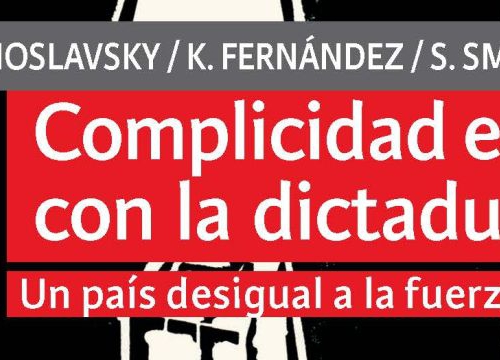Book Launch and Panel Discussion: Economic Complicity with the Pinochet’s Dictatorship
Event

This event, co-organized with the Friedrich-Ebert-Stiftung, marks the launch in Geneva of the new book by Juan Pablo Bohoslavsky, UN Independent Expert on Debt and Human Rights, co-edited with Karinna Fernández, a Chilean human rights lawyer, and Sebastián Smart, PhD in Latin American Studies and Human Rights at University College of London.
Complicidad económica con la dictadura chilena. Un país desigual a la fuerza (LOM Ed., Santiago, 2019) discusses the responsibility of Pinochet’s economic accomplices. It demonstrates, with theoretical arguments and empirical studies that focus on the behaviour of economic actors of the Pinochet´s dictatorship is crucial to achieving basic objectives in terms of justice, memory, reparation, and non-repetition measures.
Panelists will notably discuss the 1978 Antonio Cassese’s report on the role of the lenders in the context of the Chilean dictatorship.
Moderator
- Felix Kirchmeier, Manager of Policy Studies and Coordinator of the Geneva Human Rights Platform, Geneva Academy
Panelists
- Juan Pablo Bohoslavsky, UN Independent Expert on Debt and Human Rights and Co-Editor of the book
- Paola Gaeta, Professor of International Law, Graduate Institute of International and Development Studies
- Robert Roth, Former Director, Geneva Academy and Honorary Professor, University of Geneva Law Faculty
- Sebastian Smart, PhD in Human Rights and Latin American Studies at University College of London and Co-Editor of the book
Sandwiches
Sandwiches will be served between 12:45 and 13:15









